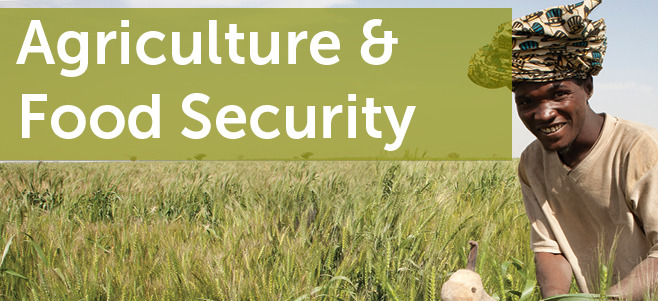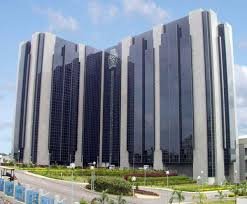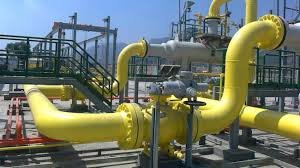Expert analysis has shown that both lives and livelihoods are at risk of this pandemic called the Novel Corona Virus (COVID 19). Even though the number of COVID 19 cases in Africa and Nigeria is currently low and way below the number of cases in some developed economies, anxiety over the disease is currently shaking the country. Since the outbreak of the virus on December 31, 2019, many activities around the world have taken a different turn, there has been a sharp drop in global crude oil price, turbulence in the stock and financial market, schools and religious gatherings are closed down and many entertainment and economic activities are suspended.
The Nigerian Agricultural sector is not left out; many agribusiness activities have been shut down following government directives on safeguard measures to prevent the spread of the virus. While this is happening, it is important to interrogate how some of these directives will affect the food ecosystem and what measures must be taken by the government to address them. One of these directives is the restriction on movements and the ban on vehicular transportation.
Many states in Nigeria have banned the movements of both commercial and private vehicles and are implementing the stay-at-home order. Looking at the directives, it is unclear whether the agricultural input distribution value chain is considered as an essential service. Although some categories of stakeholders in the food supply chain such as food processing, distribution, and retail are exempted, the restrictions of movement if not patterned may hinder farmers from going to their farms and this will pose serious consequences for domestic food production and food security in Nigeria. Unfortunately, farming activities are not considered as essential services. However, the impact of COVID-19 in the agricultural sector can be analyzed as follows.
There could be high COVID-19 related death in Nigeria. America, Italy and Spain with advanced health care systems are experiencing very high daily death rate of more than 600 per day. If the situation is not properly managed and Nigeria experiences the worst-case scenario of increased deaths resulting from the pandemic, what that implies is that the country will be losing a good number of her farming populations leading to a terrible drop in food production.
Secondly, although many Nigerian farmers are in the rural communities and may still go to their farms despite the restriction on movements, there is likely going to be a huge shortage of agricultural support services such as the provision of improved seeds, labour, fertilizer, agricultural chemicals, and extension services which are impeded by the restrictions on movements. Without these services adequately provided, there will be low food production.
Presently, Nigeria is already suffering challenges related to logistics bottlenecks (not being able to move food from one point to the other), and there is less food of high-value like fruits and vegetables being produced. Also, there is currently an upsurge in the prices of the most food commodities particularly the perishable food items. Recall that Nigeria closed its land borders months before the COVID 19 outbreak and currently, further tighter measures are being taken regarding cross border trades and markets across many countries in the sub-region. It would be noted that Nigeria is a heavy food import dependent country with a yearly food import bill of over $35 billion. The implication of this is that the food supply chain will be disrupted and this could restrict people’s access to sufficient, diverse and nutritious sources of food.
With the current measures in place to fight the disease, Nigeria risks a looming food crisis, unless actions are taken fast enough to protect the most vulnerable, keep the food supply chains alive and mitigate the pandemic’s impacts across the food system. Given that the rains have started and farmers are ready to move to the field to cultivate, it would be relevant to address some fundamental issues of food security on the premise that impending food crisis can be deadlier than the COVID-19.
Government needs to consider farming and agricultural input distribution as an essential service and include the logistics support for the agricultural value chains as part of the stakeholder exempted from the restrictions and ban on movement. There is the need to convey fertilizer, improved seeds, agrochemical, animal feeds from one place to the other. Agricultural input suppliers should be allowed to operate, the same way pharmacies are allowed to operate, this way, farmers can purchase their agro-inputs and carry out their farming activities.
Thirdly, it has been noted that the government has slightly reduced the prices of petroleum products and fixed price at 125 Naira from the former price of 145 Naira. There should be an aggressive implementation of price-fixing policy for some essential items and utilities such as food, beverages, electricity, water tariffs and other items whose prices have risen in the last few days. Also, in any scenario, the most affected will be the poorest and most vulnerable segments of the population particularly the Internally Displace Persons (IDPs) living in camps. Effort must be made to ensure that these categories of individuals are taught basic preventive measures and food must be provided to them at all cost.
There have been several donations coming from well-meaning individuals and corporate bodies, it is imperative that the utilization of these funds is not politicized as usual. The funds should be used to address the looming dangers of the COVID-19 pandemic. Finally, citizens need to understand that COVID 19 is not a death sentence as long as the government continues to ensure that emergency food needs are met and plans are underway to manage the system so that farming activities are not hampered. Citizens must also ensure that they observe the basic principles of hand washing, safe social distancing and avoiding crowded places
Godswill Aguiyi can be reached on godswill.aguiyi@gmail.com or 08038708562






















